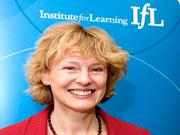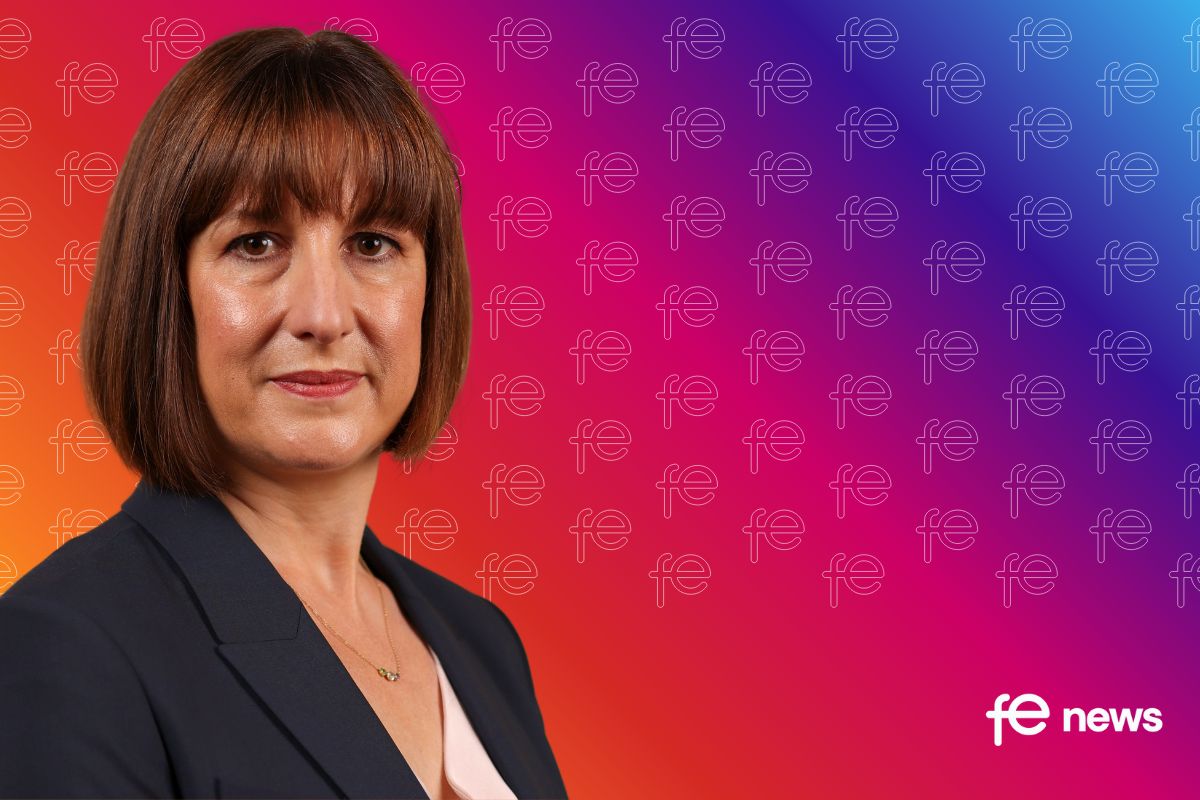IfL highlights concerns about teacher training funding

The Institute for Learning (IfL) has expressed concerns about proposed teacher training reforms and the implications of HE and FE funding changes for initial teacher training (ITT).
IfL, in its responses to two government consultations – Attracting, training and retaining the best teachers and New challenges, new chances: next steps in implementing the further education reform programme, highlighted several policy areas for closer examination and review.
It underlined the fact that teacher training in schools attracts generous bursaries of up to £20,000 for priority subjects, but there is no such support to those wishing to teach or train in FE and Skills.
The group also expressed concerns about changes to HE and FE funding and the £400 government grant that trainee teachers can currently claim through IfL for ITT qualifications being discontinued after March 2012.
Toni Fazaeli, IfL’s chief executive, said: “Our data shows that the average age of new teachers and trainers coming into our sector is around 37, by which time individuals are likely to have a family, mortgage, and other financial commitments.
“The prospect of taking on additional debt of at least £6,000 for ITT qualifications could deter them from moving into teaching as a second profession, where their pay is likely to be lower.”
In addition, IfL expressed concerns about the dramatic change in the accessibility of post-compulsory teacher training that poses significant risks to the sustainability of high-quality teaching workforce in higher and further education.
These concerns were shared by the Universities Council for the Education of Teachers (UCET).
James Noble-Rogers, executive director of UCET, said: “The new fees regime could undo progress towards professionalisation and parity of esteem with schools, have an adverse impact on widening participation and damage the quality of students’ education.
“The problem could easily be solved through bursaries or a continuation of direct funding for training courses.”
However, IfL believes that from April 2012, teachers with Qualified Teacher Learning and Skills (QTLS) status being able to teach in schools would benefit young people from the age of 14 being taught by vocationally trained experts.
Fazaeli added: “The Troops to Teachers programme should be funded for FE and skills as well as schools, so that those leaving the armed forces can choose to bring their vast talents on to the post-16 sector.”
In its responses to the consultations, IfL also welcomed proposals by Ofsted to place a heavier emphasis on teaching and learning, and said that inspection reports should specifically include comments about literacy and numeracy in the teaching and learning section.
It has asked the education select committee for an urgent review of the likely implications and potential remedies to mitigate the impact of tuition fee increases, such as writing off student debt for trainee teachers, providing tax relief or offering generous bursaries.
IfL has also called for a cross-departmental approach to adult and community learning, because of the wider impact on government objectives, and reiterated its call for an independent inquiry into vocational pedagogy.
Aastha Gill
(Pictured: IfL CEO Toni Fazaeli)











Responses